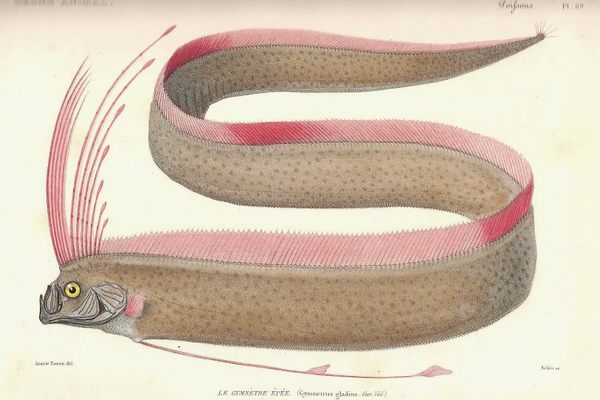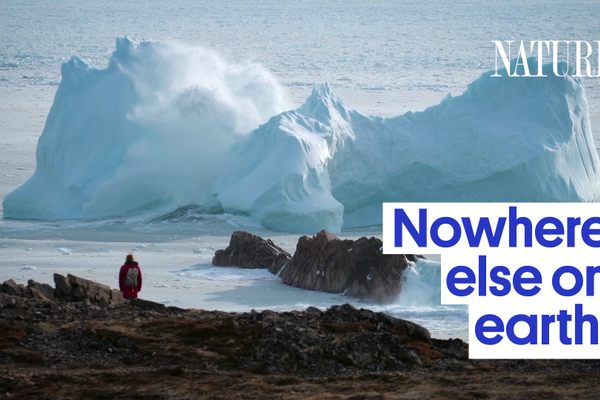Google’s New 5,500-Mile Undersea Cable from the U.S. to Japan Is Now Going Online
It’s faster than your modem.

(Photo: Joi Ito/CC BY 2.0)
Plugged in to Oregon, and reaching across the Pacific to two spots in Japan, an undersea cable carrying up to 60 terabits of data per second (around 10 million times the speed of your cable modem) is going online this week.
The cable, a joint venture by Google and a host of Asian companies, will make the U.S. and Japan tighter, technologically, than ever before, according to Wired. It will also vastly expand the bandwidth available between the West Coast and Asia, almost doubling the capacity of bandwidth that existed as late as 2015.
The cable, Google said, would help make their networks in Japan more earthquake-resistant, and a large portion of it would be reserved for traffic between the tech company’s data centers.
Google has invested in other undersea cables before, though this is the company’s highest capacity, and is reflective of a burgeoning trend for tech companies, according to Wired, which are moving towards building their own private cables, rather than using ones intended for the public.
Facebook and Microsoft, for example, recently said they will soon be one-upping Google, at least in terms of speed, with plans for a shared 160 terabits-per-second underseas cable, running from Virginia to Spain.














Follow us on Twitter to get the latest on the world's hidden wonders.
Like us on Facebook to get the latest on the world's hidden wonders.
Follow us on Twitter Like us on Facebook